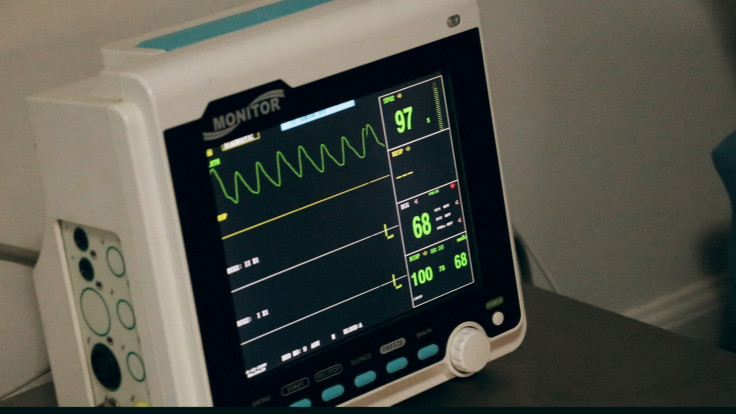
Latinos in the U.S. are more likely to die from acute respiratory distress syndrome (ARDS), according to a new study conducted by researches from New York University and the University of Michigan.
And while the biologic reasons for the disparity "remain unidentified," the study puts its focus on other potential factors, such as the risk of "overexposure to deep sedation" while on a ventilator, which is associated with higher mortality.
Language disparities between patients and clinicians are cited as a potential reason that could lead to deep sedation.
The study analyzed related data from 48 hospitals across the country. It concluded that Latino patients had roughly five times the odds of being deeply sedated compared to the average patient.
"Hospitals with at least one enrolled Hispanic patient kept all enrolled patients deeply sedated longer than hospitals without any enrolled Hispanic patients," added the study, which urged for a better understanding of the issue to address the disparities in sedation delivery.
Thomas Valley, an ICU doctor, gave NBC news an outline of what the scenario could be on the ground. He said that even though sedation shouldn't be necessary for patients on ventilators due to the potential adverse effects, it is often used to keep them comfortable and cooperating with medical staff.
In this context, he added, complications to communicate could jeopardize patients' ability to properly convey to doctors how they feel, making it difficult to administer the proper amount of sedatives.
Implicit bias can also be a factor, the study said, as doctors could make a different assessment on the levels of patients' agitation based on whether they understand what they're saying or not.
The hospital themselves might play a role as well, as Latino patients are more likely to be admitted in hospitals that use sedation more frequently. "Certain ICUs may rely on deeper levels of sedation, eventually, more than others, we actually see evidence for that in our study," Mari Armstrong-Hough, primary author of the study, said. "That could be related to a lot of things that maybe it speaks to the general level of quality of care, maybe it speaks to staffing differences."
Latinos were disproportionately impacted by the Covid-19 pandemic, accounting for almost 25% of deaths in the U.S., compared to the 18.9% of the population they represented by November 2022, according to a report published in the NIH's National Library of Medicine.
"The combination of high rates of COVID-19 infection and mortality, employment disruption, income loss, and pre-pandemic inequalities in health and wealth has resulted in compounding crises that have disproportionately impacted Latinos. Despite the personal and economic toll, Latino communities have shown resiliency in their response to the devastating loss of life during the pandemic," the document analyzed.
© 2025 Latin Times. All rights reserved. Do not reproduce without permission.




